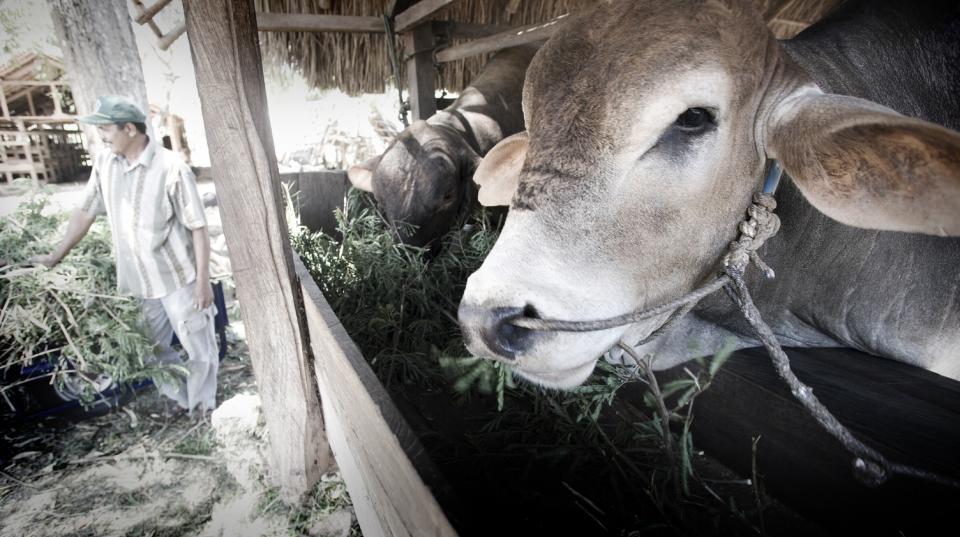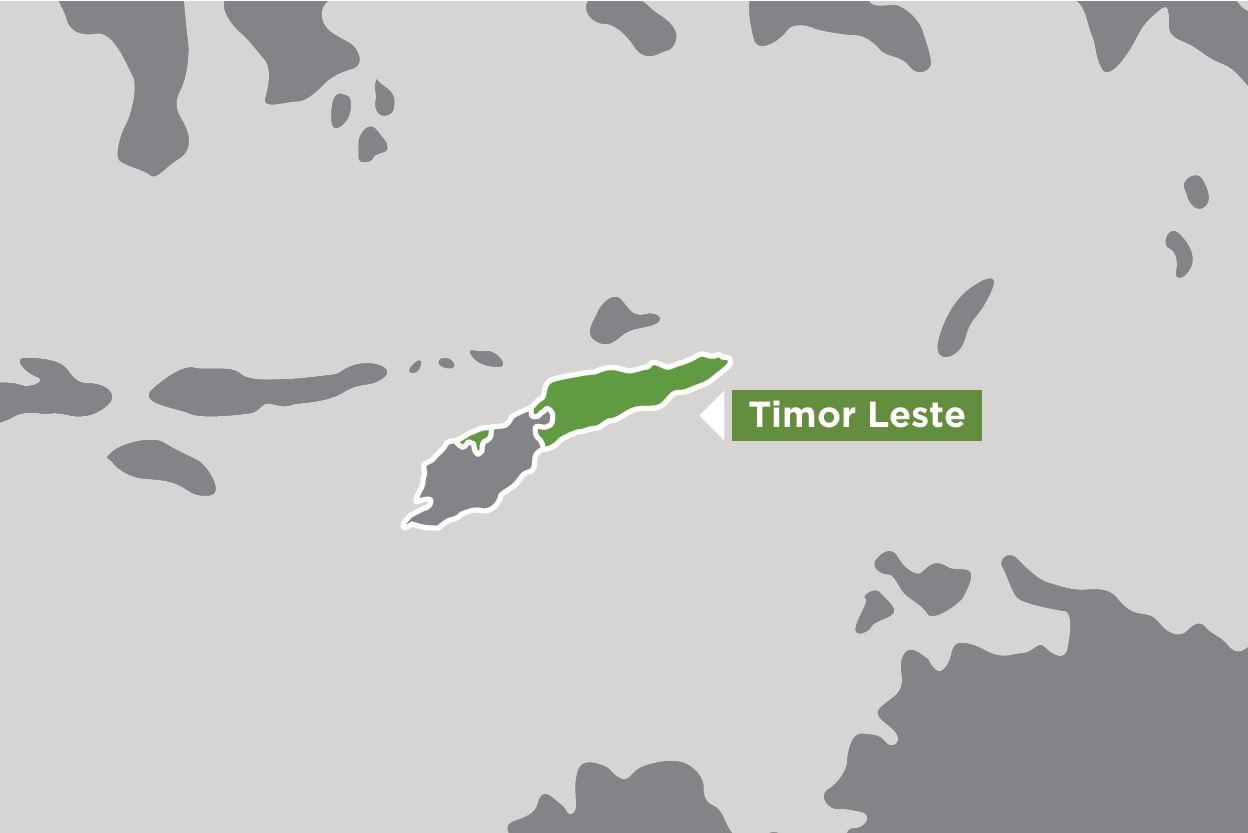Overview
This project aimed to increase the income of smallholder crop-livestock farmers and market chain operators in Timor-Leste through more efficient, commercially-oriented cattle production, and improved access to markets.
A large proportion of the Timor-Leste cattle industry is based on low-input, low-output systems on over-utilised and degraded communal land.
Opportunities exist to capitalise on the cultural importance of cattle, and the wealth they can generate if managed and marketed better, by transitioning to more commercial production systems.
Demand for slaughter cattle has increased strongly in urban areas such as Dili, providing a strong basis for commercially-oriented beef production.
This project provides proof that commercially-oriented smallholder cattle production and marketing is profitable, is adopted by farmers and other beef supply chain participants, and paves the way for out-scaling.
A core strategy was the creation of Beef Systems Development groups, including members from private sector production and supply chains, and local government advisory staff. Within these groups, participatory action research to improve productivity and market research to strengthen farmer-market linkages was facilitated.
Project outcomes
- Potential to double the net household income derived from cattle production and trading, with opportunity available irrespective of socio-economic status.
- Increased capacity of the Timor-Leste beef cattle research and development sector.
- Demonstrated shift from traditional to commercial cattle production systems.
- Increased availability of beef in Timor-Leste.






